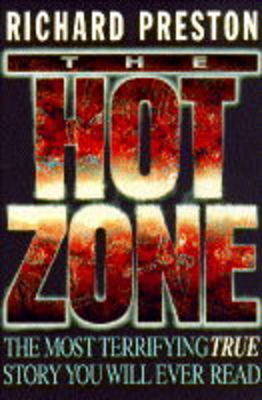Reviewed by inlibrisveritas on
The Hot Zone starts from the beginning of our contact with Ebola, or where we suspect the beginning was, and moves to where the current events (1994) end. So while it a bit dated, it’s also incredibly informative. It not only shows the history of the virus, it also goes over the different strains, how it behaves, and the author has included accounts of what it was like to have the virus. The book gets you into the heart of it incredibly quickly and the first chapter was like something out of a horror film, but I feel the need to emphasize that this is someone’s reality…and despite the lack of media coverage, still is.
The writing is detailed, but very easy to understand and everything is broken down so that the average person can grasp what’s going on…and it’s incredibly difficult to put down despite being horrific. I won’t say I ‘enjoyed’ learning more about Ebola, but it was definitely one of the more interesting non-fiction books I’ve read and definitely one of the more relevant.
I can’t say I recommend it to everyone, because honestly if you have anxiety about getting sick, avoid it. But it’s definitely an approachable medical thriller, and I do believe fear can be combated with knowledge.
Reading updates
- Started reading
- 6 August, 2014: Finished reading
- 6 August, 2014: Reviewed
